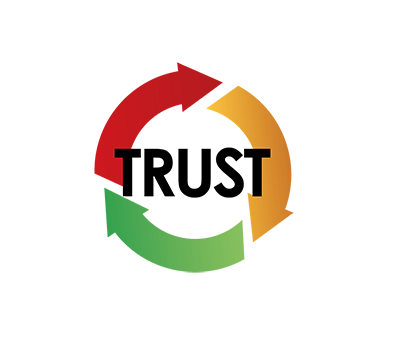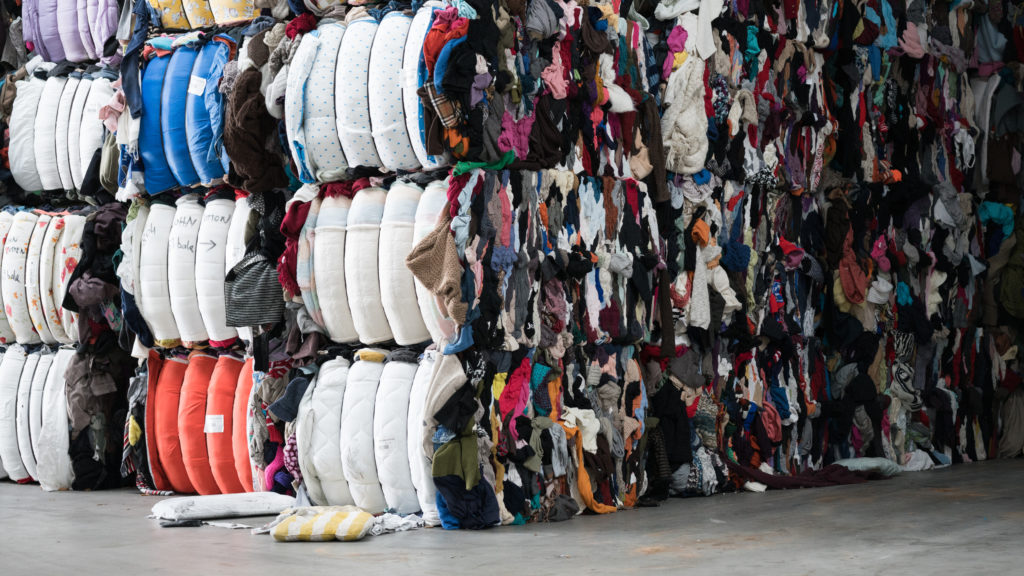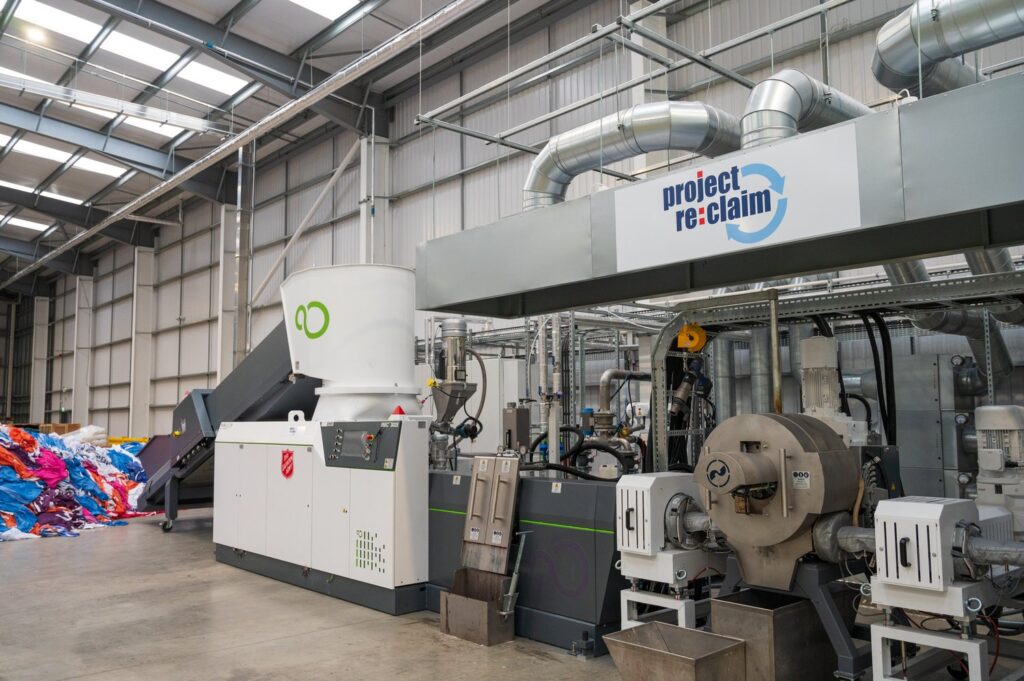First set up in 2019 (see letsrecycle.com story), the TRUST standard is intended to ensure that recyclers who buy unsold stock from charity retailers for recycling maintain high ethical standards, in line with the charity sector’s approach.
So far, 12 merchants are certified, with more to come online soon.
While the TRUST Standard is being set up, it is still in its “infancy stage”, meaning it may be some time before it comes fully into effect.
The CRA explained that the majority of merchants who seek to buy unsold stock from charity shops are reputable businesses that treat their staff fairly, follow legal requirements, pay their bills and generally operate to best practice standards.
“The TRUST certification will help these merchants demonstrate to charity shops that they are reputable businesses to work with: protecting charities’ finances and reputation,” the association added.
It added: “With the system now fully up and running we think it’s time for our charity members to consider only selling surplus stock to TRUST-certified collectors. It’s up to you of course – and it’s never going to be a condition of CRA charity membership – but we would strongly urge you to consider supporting the scheme so that more and more merchants will want to come on board.”
‘High-risk industry’
According to David Roman, sustainability manager at British Heart Foundation and central in setting up the TRUST, charities wanted to up the general standards and make going through rigorous checks more of a norm because of how high-risk the textile industry is.

Mr Roman mentioned modern slavery within the industry as well as health and safety failings, which have resulted in some serious incidents. “We want to understand that this isn’t part of the supply chain that we’re working with and do our best to minimise that.”
He added: “There’s no existing entry level requirement to operating textile merchant enterprise, there are no checks like in other areas of waste and recycling sector. We know there are risks and we want to be able to identify the standards.”
Qualification
Some of the certified merchants so far include East London Textiles, Oxfam, Ecotrans UK and others. These are also members of the Textile Recycling Association (TRA), which has been involved with the process.
Dawn Dungate, president of the TRA, said: “The scheme is still in its infancy and like all new schemes, there is still a lot of work to be done. We are proud to be part of the TRUST certification, and even more proud that all of the used clothing merchants which have been awarded the TRUST certification to date are all TRA members.”
The audit process consists of checking the merchant has correct paperwork for the type of material they’re handling, Mr Roman explained. They then need to provide documents that relate to their operations and are asked to fill in a questionnaire, which is passed to auditors for scrutiny. A site visit follows, based on which a report is submitted, and a recommendation made. “The level of scrutiny will vary according to the complexity and size of a merchant’s operations.”
Cost
The certification is valid for two years and costs £2,800. The standard is administered by a not-for-profit company, which is set up from a steering group consisting of charity retails, merchants and others including CIWM and trade organisations, Mr Roman outlined.
He continued: “We only charge what it costs to provide the audit. We feel like this is a value for money certification demonstrating their professionalism. It shouldn’t be a barrier to entry for most companies, we’ve kept it to a minimum for it to be a meaningful certification.”
It is expected to “get a lot harder to operate in the industry without taking this kind of thing seriously”. Mr Roman said that in the absence of other standard, “TRUST says something about the way you run your business”.
He also touched on export markets, saying that part of the scheme’s role is ensuring what is exported is only the usable, sellable fraction that is “responding to retail demand and not creating a problem in another country”.
Mr Roman concluded: “We’re very interested in hearing from local authorities and others that might deal with merchants and having their input.”











Subscribe for free